Thursday, November 2
| 10:30 a.m.-12:30 p.m. | "Great Decisions: Conflict in the South China Sea," Greg Felker [Jeanette Flaming], Kaneko Auditorium
|
| 1:30 – 3:30 p.m. | "The Changing Face of Church-State Relations," Steven K. Green [Bob Muir], Kaneko Auditorium
Steven K. Green is the Fred H. Paulus Professor of Law and Affiliated Professor of History at Willamette University where he teaches courses in Constitutional Law, First Amendment, Legal History, Jurisprudence, and Criminal Law in the College of Law, and Legal History and American Religious History in the College of Liberal Arts. In addition, Professor Green directs the interdisciplinary Center for Religion, Law and Democracy, one of Willamette’s Centers of Excellence. Professor Green joined the Willamette faculty in August 2001, after serving for 10 years as legal director and special counsel for Americans United for Separation of Church and State, a Washington, DC, public interest organization that concentrates on First Amendment issues. Professor Green has extensive litigation and appellate experience in First Amendment law involving issues such as school prayer, public funding of religious institutions, public religious displays, religious discrimination, religious free exercise and freedom of speech. |
Tuesday, November 7
| 10:30 a.m.-12:30 p.m. | "Public Health in the Prevention of War and the Promotion of Peace," William Wiist [Jeanette Flaming], Kaneko Auditorium
Dr. Bill Wiist is a member of the Working Group on the Primary Prevention of War, a group affiliated with the Peace Caucus of the American Public Health Association. He got his professional start in violence prevention by obtaining and administering two of the first youth violence and intimate partner violence prevention grants awarded by the federal Centers for Disease Control and Prevention. He has made numerous presentations about violence prevention at national meetings, including presentations about the prevention of war at Oregon State and OHSU, as well as publishing scholarly journal articles about violence and the prevention of war. In 2013 Dr. Wiist retired from his position as tenured, full Professor of Health Sciences, and Senior Scientist in the Interdisciplinary Health Policy Institute at Northern Arizona University in Flagstaff. He now holds a Courtesy Faculty appointment in Global Health in the College of Public Health and Human Sciences at Oregon State. |
| 1:30 – 3:30 p.m. | "The Great American Songbook with jazz vocalist Rebecca Kilgore," Rebecca Kilgore [Solveig Holmquist], ** Cone Chapel **
She has over 50 recordings to her credit and over 1,000 songs in her repertoire (and counting). Her most recent recording is with German pianist/arranger Bernd Lhotzky with whom she tours in Germany. For more information on her recordings and songs and her many collaborations, refer to her website: www.rebeccakilgore.com Originally from Massachusetts, she resides in Oregon but keeps busy touring the US and performing on jazz cruises. She has been a frequent guest on National Public Radio’s ‘Fresh Air’ with Terry Gross, has appeared on ‘A Prairie Home Companion’, and with Michael Feinstein at Carnegie Hall. |
Thursday, November 9
| 10:30 a.m.-12:30 p.m. | "The Salem Clique : Oregon’s Founding Brothers," Barbara Mahoney [Toni Peterson], Kaneko Auditorium
BARBARA S. MAHONEY is a historian whose interest in Oregon history began when she moved with her family to Salem, Oregon, in 1976. She has contributed a number of entries to the Oregon Encyclopedia and is the author of Dispatches and Dictators, a biography of Oregon native Ralph Barnes, who was a foreign correspondent in Europe in the 1930s. Dispatches and Dictators won the Oregon Book Award for Literary Nonfiction in 2003. |
| 1:30 – 3:30 p.m. | "Managing our Public Lands: Why Everyone Should Care," Steve Ellis [Denis Williamson], Kaneko Auditorium
Veteran land manager Steve Ellis shares his 38 years of experience managing public lands at the Bureau of Land Management and the US Forest Service. These millions of acres belong to all Americans but not everyone agrees on how they should be used. Some look to them primarily for recreation and conservation while others want them for grazing, timber production and energy development. Thousands of plant and animal species thrive on these lands while communities across the nation rely on BLM and USFS lands to provide things such as safe drinking water and a stable economy. Steve will highlight issues and challenges facing today's land managers in balancing competing demands on how we use our public lands. Steve Ellis has built his professional career on managing public lands for multiple use and sustained yield, starting as a forester for the BLM in southern Idaho and rising to become the Bureau’s Deputy Director, the top career position in the BLM until December 2016 when he retired. Ellis, who came to the Washington headquarters post in 2013, from his position as the BLM Idaho State Director, had served in a variety of jobs across the agency. He served as the Associate District Manager in Las Vegas, Manager of the Oregon’s Lakeview District and Deputy State Director in Alaska. Ellis also worked for the BLM in Washington, D.C., for five years in the middle of his career, including one year as a BLM Congressional Fellow in the U.S. Senate, where he worked on mining law reform and forest health legislation. Part of Ellis’ career in public service included seven years with the U.S. Forest Service, where he worked as Forest Supervisor of the Fremont-Winema National Forest in Oregon, and Forest Supervisor of the Wallowa-Whitman National Forest in Oregon and Idaho. |
Tuesday, November 14
| 9:00 - 10:30 a.m. | November ICL Board Meeting, Kaneko Conference Room |
| 10:30 - 11:30 a.m. | "Autumn Magic: The Science & Beauty of Autumn," Evelyn Smith [ICL], Kaneko Auditorium
|
| 11:30 a.m.-12:30 p.m. | “How a Western Oregon football player’s investigation into a local bit of folklore resulted in a multitude of questions and a lifetime career for him,” Wayne Wallace [ICL], Kaneko Auditorium
|
| 1:30 – 2:30 p.m. | "A Partial History of Willamette Valley Migrant Services," Bill Foster [ICL], Kaneko Auditorium
|
| 2:30 – 3:30 p.m. | "Visions for the Future--a Continuation of Our 25th Anniversary Celebration; Checkpoint: ICL Members Only," Mark Kasoff and Ken Panck [ICL], Kaneko Auditorium
2:50 - 3:30pm Mark Kasoff will moderate a discussion. Topics include "How are we doing"? New members are asked to tell us how things are going so far. This is the session to get your questions answered. 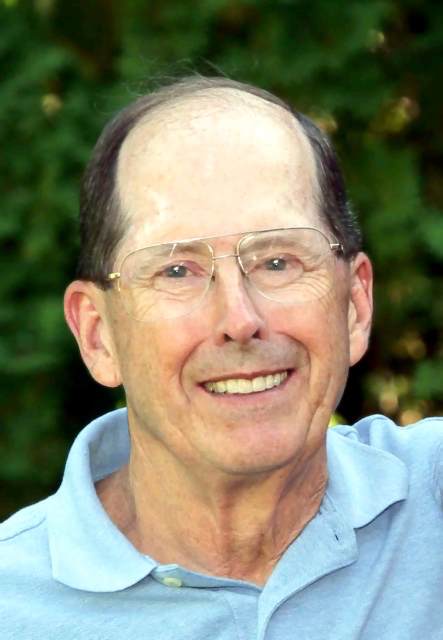
Mark Kasoff is Executive Director of ICL and Ken Panck is Immediate Past President of ICL |
Thursday, November 16
| 10:30 a.m.-12:30 p.m. | "Canids in Oregon Country: Oregon Wolf Recovery and Management for the 21st Century," Joe Bowersox [Anne Bowden], Kaneko Auditorium
Joe Bowersox is the Dempsey Chair of Environmental Policy and Law at Willamette University, teaching courses in the Environmental and Earth Sciences and Politics departments. His research interests include forest and land management, environmental values, and sustainability. He has just completed a project on Oregon biodiversity policy focusing on wolf management and forest management, due out in December, and is spending his sabbatical examining sustainable forestry in Tochigi Japan, Northwest Oregon, and the Coburg District of Germany. |
| 12:30-1:30 p.m. | Lunch Hour Discussion, Kaneko Auditorium Many folks who attended the Oct 31st discussion of Tim Snyder’s book On Tyranny: 20 Lessons from the Twentieth Century expressed an interest in further discussion. We will meet for an informal session in Kaneko Auditorium over the lunch hour to further discuss the topics. Please bring a sack lunch or join us in progress.
Meanwhile, as you finish the copies of the book please return them so others can at least get started on it, prior to the discussion. |
| 1:30 – 3:30 p.m. | "Museum Education, Looking at Art," Elizabeth Garrison [Sharon Wright], Kaneko Auditorium
She is the Cameron Paulin Curator of Education at Hallie Ford and has held positions at the Portland Art Museum, the Virginia Museum of Fine Arts, and at the Joslyn Art Museum in Omaha, Nebraska. Education B.A., University of the Pacific M.A., University of California, Davis. |
Tuesday, November 21
THANKSGIVING BREAK NO CLASSES |
Thursday, November 23
THANKSGIVING BREAK NO CLASSES |
Tuesday, November 28
| 10:30 a.m.-12:30 p.m. | "Adventures in Custom Underwater Housings for Scientific Equipment," Ken Sexton [Joel Woodman], Kaneko Auditorium
Ken Sexton recently retired from his business of 45 years, designing and building underwater housings for scientific equipment. Customers included federal and state governments, US Navy, EPA, US National Laboratories, many domestic and foreign universities, and National Geographic, Good Morning America, Deadliest Catch, and many others. He holds a BA in Zoology from California State University San Diego and a Masters in Biology from Cal State Long Beach. He has traveled on business to many US and foreign destinations, generally to support the housings he made for customers, and for conferences. His passions include birds and marine mammals, photography, inventing/tinkering, and constantly gaining new knowledge. As part of his retirement, he is founding a new Innovation Center at the Oregon State University Marine Science Building that will open in June 2019 in Newport, Oregon. |
| 1:30 – 2:30 p.m. | "Contemporary Book Discussion," Jan Svingen , Kaneko Auditorium
|
| 2:30 – 3:30 p.m. | "Favorite Books," Susan Lee [ICL Curriculum], Kaneko Auditorium 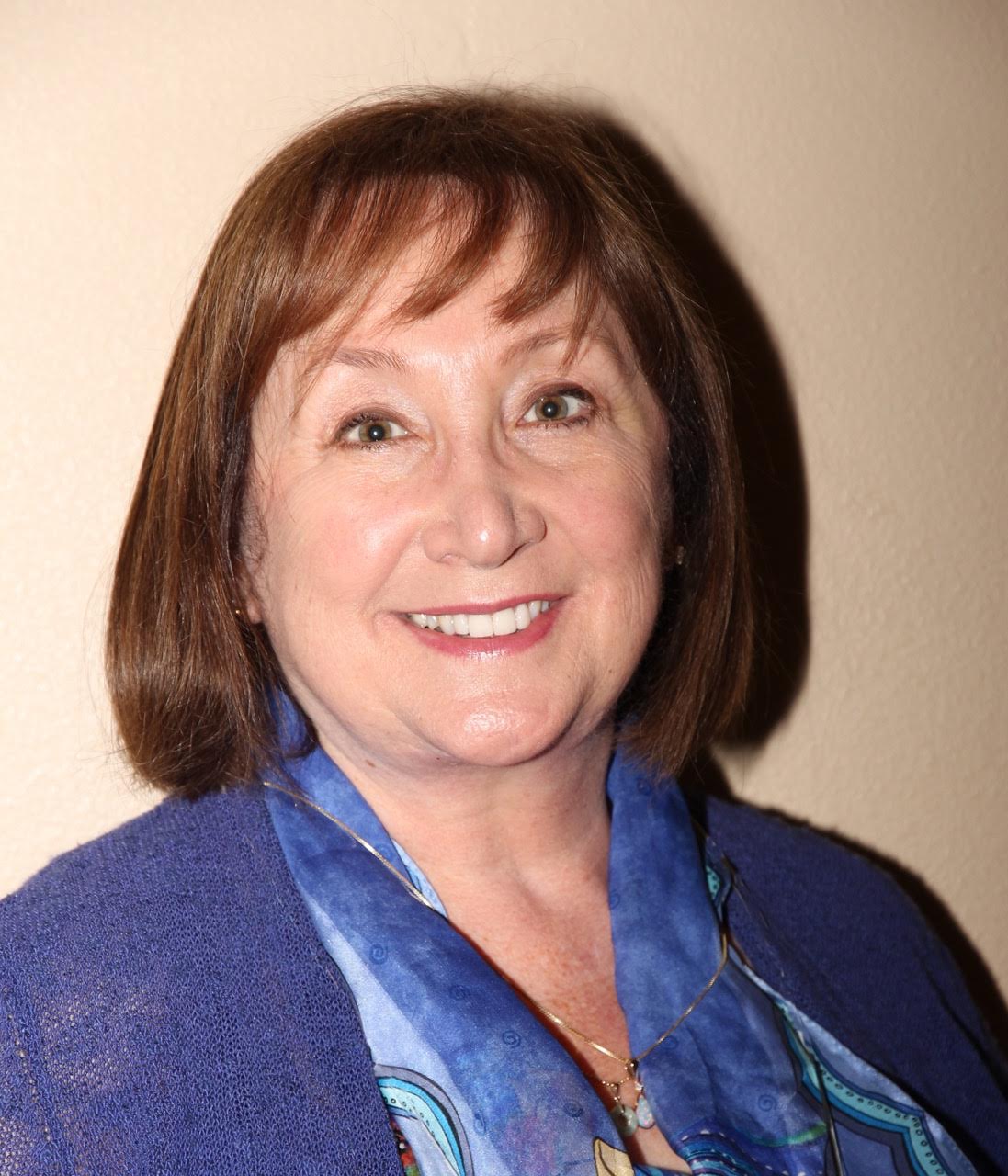 Long time Favorite Books and ICL enthusiast Erin Hanni passes the baton to second year ICL member Susan Lee. If you have a favorite book you would like to share with the group, contact Susan. Long time Favorite Books and ICL enthusiast Erin Hanni passes the baton to second year ICL member Susan Lee. If you have a favorite book you would like to share with the group, contact Susan. |
Thursday, November 30
| 10:30 a.m.-12:30 p.m. | "Great Decisions: U.S. Foreign Policy and Petroleum," ICL Members [Jeanette Flaming], Kaneko Auditorium
Danny Shaffer will be presenting some of his research and questions. Will Staver will guide us in group discussions. Additional information can be found at www.greatdecisions.org, including the glossary. |
| 1:30 – 3:30 p.m. | "Theme and Variations," Georgeanne Young [Solveig Holmquist], ** Cone Chapel ** Georgienne Young and friends will present a program of chamber music for piano and strings which is all Theme and Variations by Handel, Mozart, Beethoven, Mendelssohn, Brahms and Lee Morgan. The four musicians include two different pianists, Guy Hallman and Bill Leland, violinist Cathy Heithaus and Georgienne Young on cello. You will hear a Passacaglia by Halvorson based on a tune of Handel's written for violin and cello duo, a violin and piano sonata movement by Mozart played by Cathy and Guy, a playful variations for piano and cello a theme by Mozart written by Beethoven, performed by Georgienne and Guy, the monumental "Variations Serieuses" (serious variations) for solo piano played by Bill, a lovely Brahms Trio Andante con moto movement performed by Guy, Cathy and Georgienne and finally an arrangement of the jazz tune "The Sidewinder" by Lee Morgan especially arranged for violin, cello and piano by Guy Hallman for this program. The musicians are excited to share this program and hope to show you how and why the form of Theme and Variations has been popular throughout music history with composers, performers and listeners alike. Georgienne Young began her study of cello at age nine and has continued to be a student and teacher of the instrument ever since then. Her professional background is extensive, in solo, symphonic, opera and chamber music performance. She has been Principle Cellist for many regional productions. Guy Hallman has been a student of the piano since childhood and has achieved remarkable success. He obtained a Master of Fine Arts degree from UCLA in 1979, and since the has done freelance piano performance and has been affiliated with a variety of top notch orchestral and choral groups in Southern California. Ask him about his amazing second career as a science educator. Cathy Heithaus is a student of the violin. She studied with Will Schwartz at Colorado State and with Abraham Chavez Jr. and Oswald Lehnert at the University of Colorado.She has been affiliated with the Aspen Music Festival Orchestra, Colorado Philharmonic National Repertoire Orchestra, The Brico Symphony and many local and regional music groups in Oregon. William Leland is Professor of Music, Emeritus, at New Mexico State University. He is a graduate of the Philadelphia Conservatory of Music, and received his Doctor of Musical Arts degree from the College-Conservatory of the University of Cincinnati. Dr. Leland has performed in Solo and Chamber music recitals in 28 states, Germany, Italy and Mexico. He has many articles about piano performance. |


 The South China Sea is a locus of competing territorial claims, and China is its most vocal claimant. Beijing’s interest has intensified disputes with other countries in the region in recent years, especially since China has increased its naval presence. Despite rising international pressure, including an unfavorable ruling by the International Tribunal for the aw of the Sea, China staunchly defends its policies in the region. Preventing tensions from boiling over is a matter of careful diplomacy. (This article begins on page 39 in our text. Please note the suggestion to download the companion Glossary at the bottom of p. 40 before you begin reading.)
The South China Sea is a locus of competing territorial claims, and China is its most vocal claimant. Beijing’s interest has intensified disputes with other countries in the region in recent years, especially since China has increased its naval presence. Despite rising international pressure, including an unfavorable ruling by the International Tribunal for the aw of the Sea, China staunchly defends its policies in the region. Preventing tensions from boiling over is a matter of careful diplomacy. (This article begins on page 39 in our text. Please note the suggestion to download the companion Glossary at the bottom of p. 40 before you begin reading.)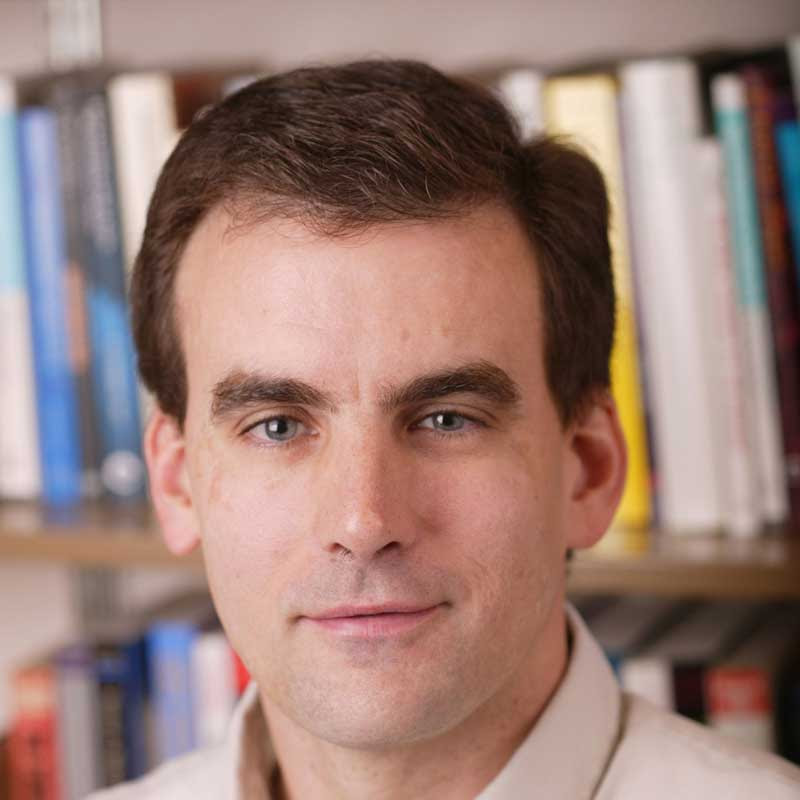 Dr. Greg Felker, WU professor of Politics, will be our presenter. Professor Felker joined Willamette University in 2005 after teaching in the Division of Social Sciences at the Hong Kong University of Science & Technology and as a visiting faculty member of the Department of Government & Politics at the University of Maryland, College Park. He received his Ph.D. and MPA from the Woodrow Wilson School of Public & International Affairs at Princeton University, and his B.A. from the University Professors Program at Boston University. He teaches courses in Asian and International Politics, including the politics of development and macro-social change, technology, globalization, and international relations and political economy, and has published in these fields.
Dr. Greg Felker, WU professor of Politics, will be our presenter. Professor Felker joined Willamette University in 2005 after teaching in the Division of Social Sciences at the Hong Kong University of Science & Technology and as a visiting faculty member of the Department of Government & Politics at the University of Maryland, College Park. He received his Ph.D. and MPA from the Woodrow Wilson School of Public & International Affairs at Princeton University, and his B.A. from the University Professors Program at Boston University. He teaches courses in Asian and International Politics, including the politics of development and macro-social change, technology, globalization, and international relations and political economy, and has published in these fields.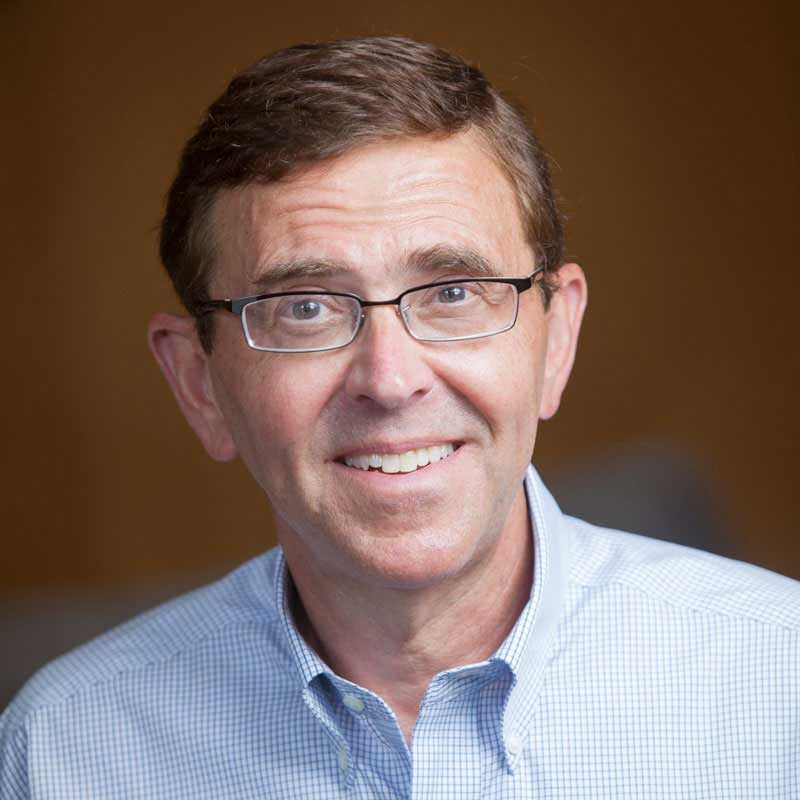 Controversies over church and state relations have been a mainstay at the Supreme Court for more than 75 years. For most of that time, the issues remained fairly constant: religious expression in public schools; government funding of religious entities; the government's use of religious symbols. Over the past decade, we have been witnessing an evolution in the issues that are confronting society generally and are being adjudicated by the courts. Public attitudes toward church-state mixing have evolved, too. This talk will trace that evolution and explore the newer controversies that have emerged in this area.
Controversies over church and state relations have been a mainstay at the Supreme Court for more than 75 years. For most of that time, the issues remained fairly constant: religious expression in public schools; government funding of religious entities; the government's use of religious symbols. Over the past decade, we have been witnessing an evolution in the issues that are confronting society generally and are being adjudicated by the courts. Public attitudes toward church-state mixing have evolved, too. This talk will trace that evolution and explore the newer controversies that have emerged in this area.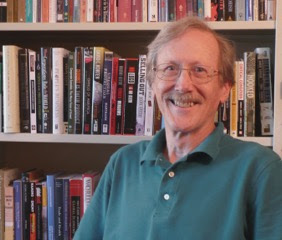 Many health professionals provide healthcare to members of the military and their families, and to civilians harmed by war but few are involved in the prevention of war. War, its causes and health effects, how to prevent it, and how to promote peace are not often included in the curriculum of health professionals’ education programs. Dr. Wiist’s presentation will describe some of the prevention of war work he and a group of international public health colleagues have been doing, describe what public health is and a rationale for health professionals to engage in the prevention of war. He will summarize the health effects of war and give examples of US militarism as a cause of war that is pervasive but often hidden and of which many people are unaware. Dr. Wiist will review key aspects of peace history, define peace, identify factors that contribute to a peaceful society, and identify actions we can take to prevent war and promote peace. He will also provide a list of selected resources for further study.
Many health professionals provide healthcare to members of the military and their families, and to civilians harmed by war but few are involved in the prevention of war. War, its causes and health effects, how to prevent it, and how to promote peace are not often included in the curriculum of health professionals’ education programs. Dr. Wiist’s presentation will describe some of the prevention of war work he and a group of international public health colleagues have been doing, describe what public health is and a rationale for health professionals to engage in the prevention of war. He will summarize the health effects of war and give examples of US militarism as a cause of war that is pervasive but often hidden and of which many people are unaware. Dr. Wiist will review key aspects of peace history, define peace, identify factors that contribute to a peaceful society, and identify actions we can take to prevent war and promote peace. He will also provide a list of selected resources for further study. Rebecca Kilgore, renowned for her swinging melodic interpretation of music familiar and obscure from the most important and influential American popular songs and jazz standards from the early 20th century, has been delighting listeners not only with her many recordings but her ebullient live performances. Tender or hilarious, her singing always honors the song. Songwriter Johnny Mandel comments, “When Rebecca sings, the sun comes out”.
Rebecca Kilgore, renowned for her swinging melodic interpretation of music familiar and obscure from the most important and influential American popular songs and jazz standards from the early 20th century, has been delighting listeners not only with her many recordings but her ebullient live performances. Tender or hilarious, her singing always honors the song. Songwriter Johnny Mandel comments, “When Rebecca sings, the sun comes out”.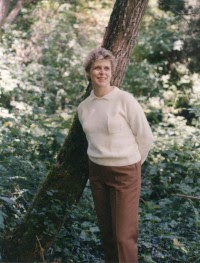 During the decade of the 1850s, the Oregon Territory progressed toward statehood in an atmosphere of intense political passion and conflict. Editors of rival newspapers blamed a group of young men whom they named the “Salem Clique” for the bitter party struggles of the time. Led by Asahel Bush, editor of the Oregon Statesman, the Salem Clique was accused of dictatorship, corruption, and the intention of imposing slavery on the Territory. The Clique, critics maintained, even conspired to establish a government separate from the United States, conceivably a “bigamous Mormon republic.” Although the Salem Clique has been given considerable prominence in nearly every account of Oregon’s Territorial period, there has not been a detailed study of its role until now. What sort of people were these men? What was their impact on the issues, events, and movements of the period? What role did they play in the years after Oregon became a state? Historian Barbara Mahoney sets out to answer these and many other questions in this comprehensive and deeply researched history.
During the decade of the 1850s, the Oregon Territory progressed toward statehood in an atmosphere of intense political passion and conflict. Editors of rival newspapers blamed a group of young men whom they named the “Salem Clique” for the bitter party struggles of the time. Led by Asahel Bush, editor of the Oregon Statesman, the Salem Clique was accused of dictatorship, corruption, and the intention of imposing slavery on the Territory. The Clique, critics maintained, even conspired to establish a government separate from the United States, conceivably a “bigamous Mormon republic.” Although the Salem Clique has been given considerable prominence in nearly every account of Oregon’s Territorial period, there has not been a detailed study of its role until now. What sort of people were these men? What was their impact on the issues, events, and movements of the period? What role did they play in the years after Oregon became a state? Historian Barbara Mahoney sets out to answer these and many other questions in this comprehensive and deeply researched history.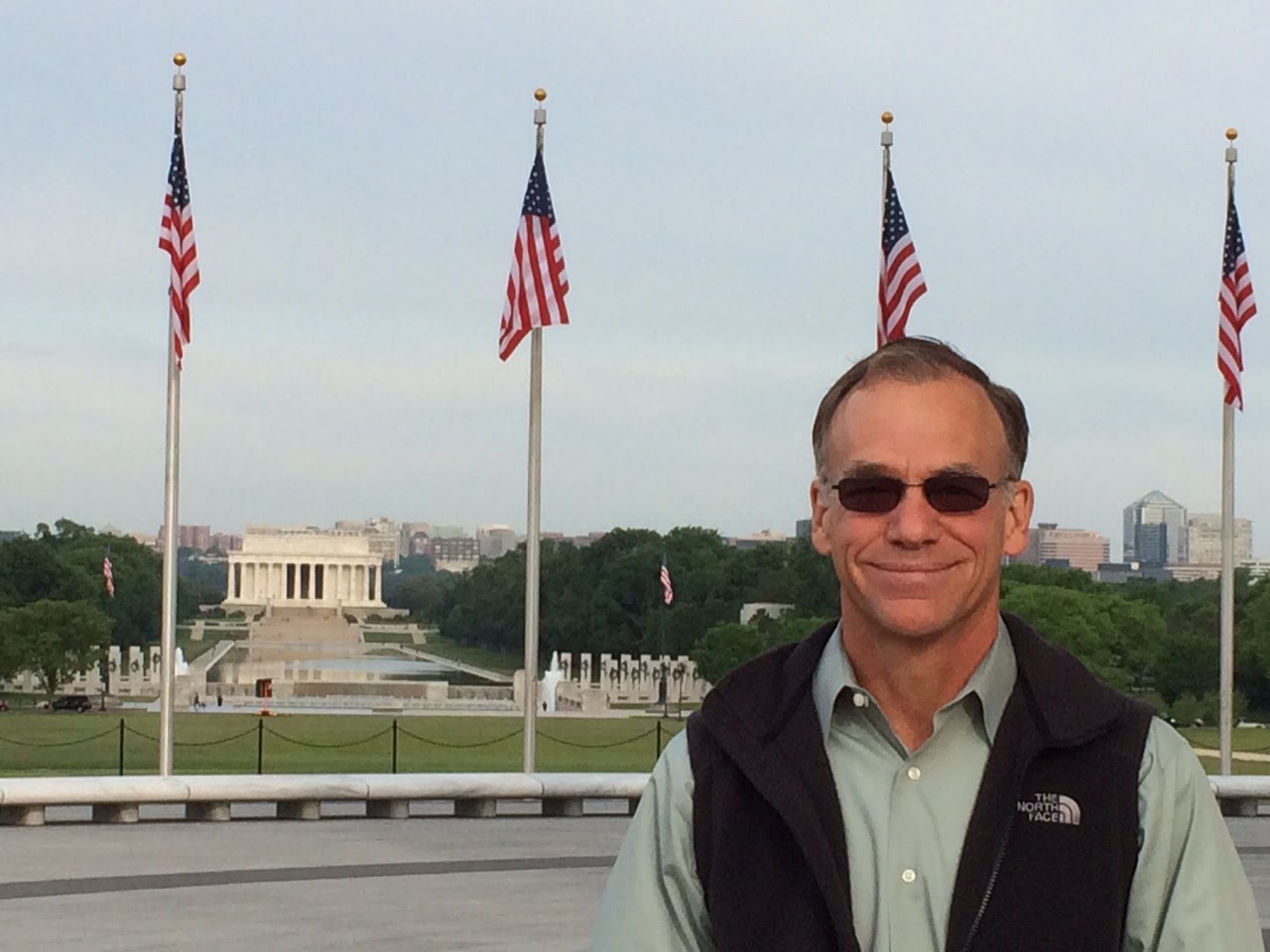
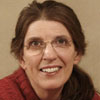 Longtime ICL member Evelynn Smith and her husband Jerry, return with another presentation of their nature photography set to music. This time the theme will be the beauty of autumn, and the science behind nature's seasonal "magic" color show. Following this presentation, the seasonal color show will continue with an encore showing of Evelynn’s and Jerry’s “North Country Autumn.” This slideshow, set to music, will feature their photography of the landscape, flora and fauna during the fleeting days of autumn in North America’s sub-Arctic regions.
Longtime ICL member Evelynn Smith and her husband Jerry, return with another presentation of their nature photography set to music. This time the theme will be the beauty of autumn, and the science behind nature's seasonal "magic" color show. Following this presentation, the seasonal color show will continue with an encore showing of Evelynn’s and Jerry’s “North Country Autumn.” This slideshow, set to music, will feature their photography of the landscape, flora and fauna during the fleeting days of autumn in North America’s sub-Arctic regions.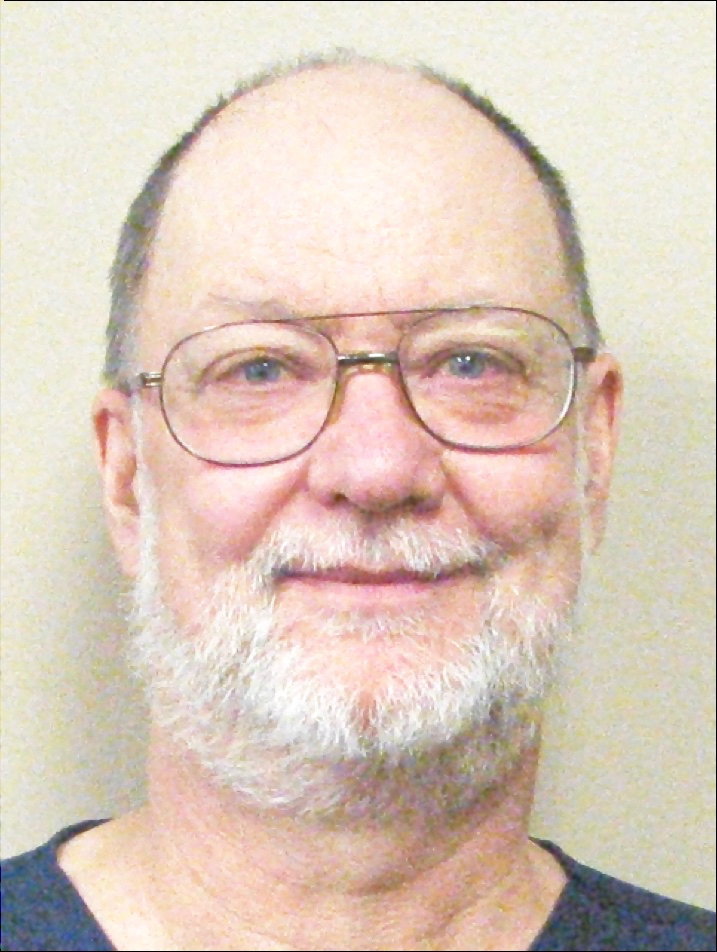 Charles Darwin received samples of an orchid in 1862 that had a foot-long nectary. From this he predicted that there was a yet undiscovered moth that had a proboscis of a length necessary to reach this source of nectar and pollinate the orchid in the process. In 1907 the moth was discovered. Finally, in 1992, the moth was observed feeding on the flower and later filmed.
Charles Darwin received samples of an orchid in 1862 that had a foot-long nectary. From this he predicted that there was a yet undiscovered moth that had a proboscis of a length necessary to reach this source of nectar and pollinate the orchid in the process. In 1907 the moth was discovered. Finally, in 1992, the moth was observed feeding on the flower and later filmed.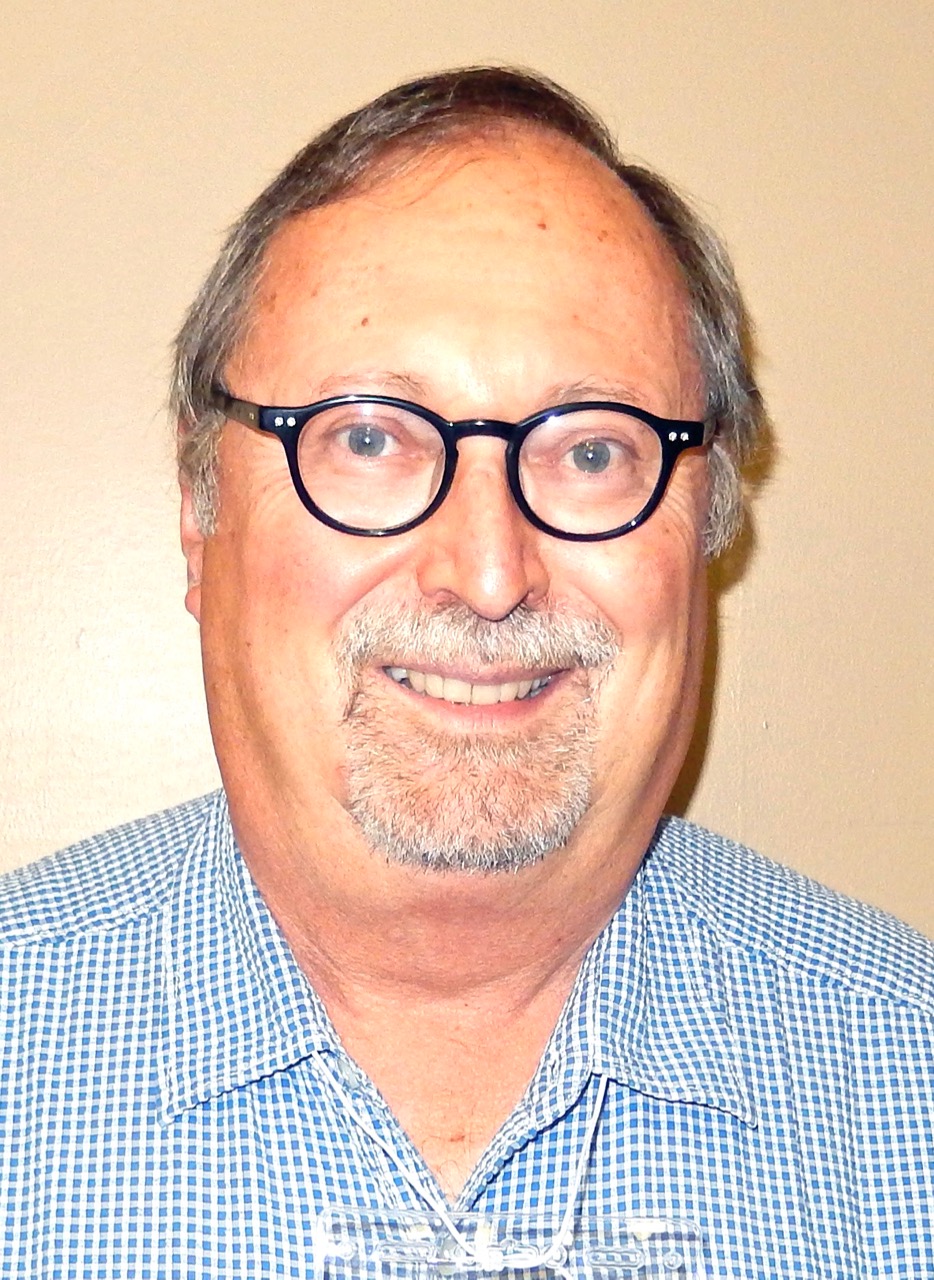 The presentation will start with some background of migrant workers in the Willamette Valley followed by an OPB DVD on the history of Braceros in Oregon. For more than a decade, the Valley Migrant League provided services to migrant workers and helped them break the migrant cycle. He will share some history of the organization, its services, his work with the Farmers Home Administration Self-Help Housing program as a VISTA volunteer, and how this might inform some of our thinking today. Our presenter is ICL member Bill Foster.
The presentation will start with some background of migrant workers in the Willamette Valley followed by an OPB DVD on the history of Braceros in Oregon. For more than a decade, the Valley Migrant League provided services to migrant workers and helped them break the migrant cycle. He will share some history of the organization, its services, his work with the Farmers Home Administration Self-Help Housing program as a VISTA volunteer, and how this might inform some of our thinking today. Our presenter is ICL member Bill Foster.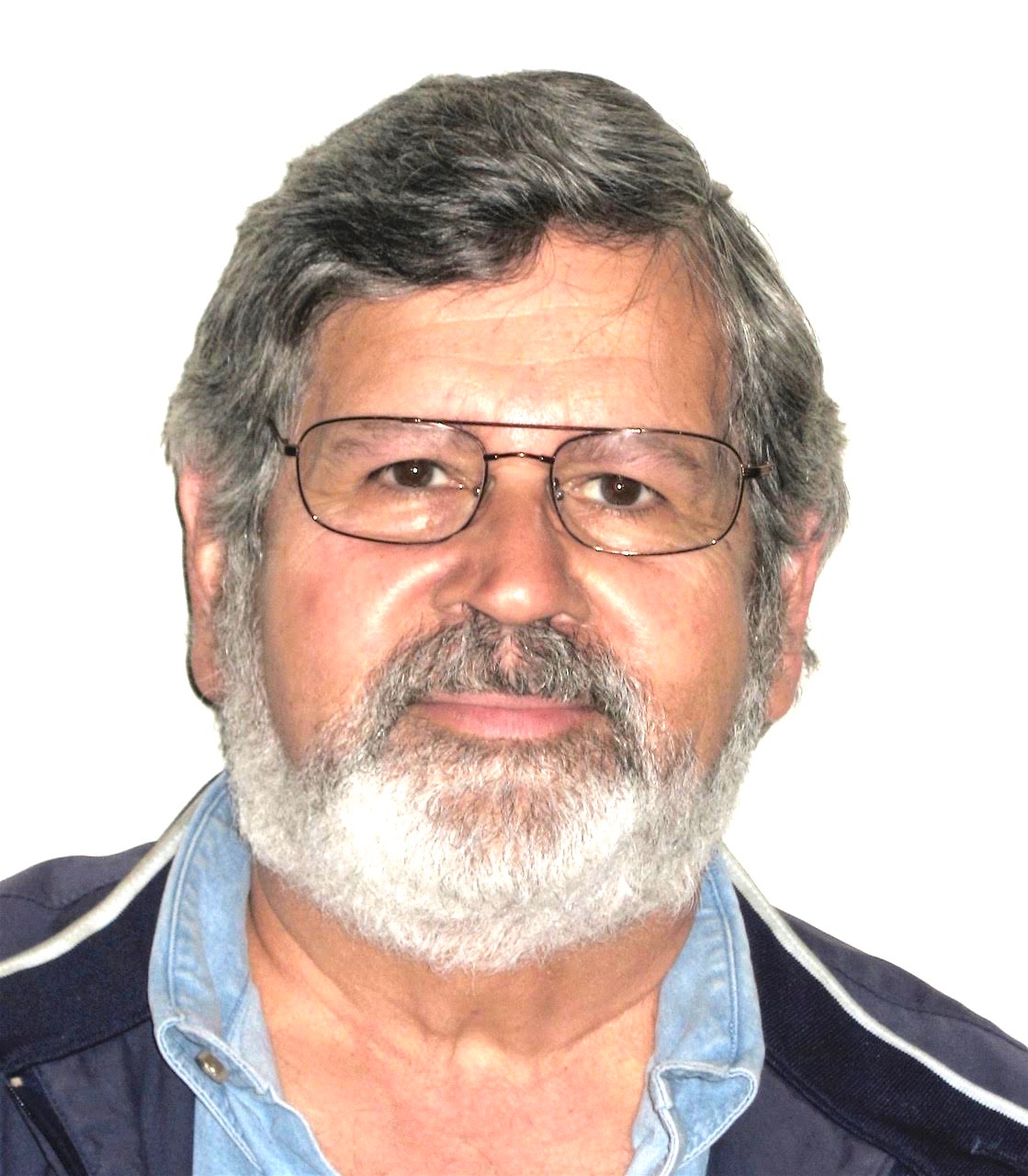 2:30 - 2:50 ICL Leaders Don Gallagher, Ken Panck, Toni Peterson, Jim McDonald, Carol Moeller, Dave MacMillan and Alice Sorensen will be our speakers.
2:30 - 2:50 ICL Leaders Don Gallagher, Ken Panck, Toni Peterson, Jim McDonald, Carol Moeller, Dave MacMillan and Alice Sorensen will be our speakers. 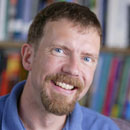 Wolf recovery and reintroduction elicit the strongest of reactions from stakeholders and affected parties, whether they be scientists, conservationists, ranchers or politicians. This talk will examine the biological and political fate of wolves since they first reappeared in Oregon in 2001, and compare Oregon’s efforts at wolf recovery and management with the experiences of other states.
Wolf recovery and reintroduction elicit the strongest of reactions from stakeholders and affected parties, whether they be scientists, conservationists, ranchers or politicians. This talk will examine the biological and political fate of wolves since they first reappeared in Oregon in 2001, and compare Oregon’s efforts at wolf recovery and management with the experiences of other states.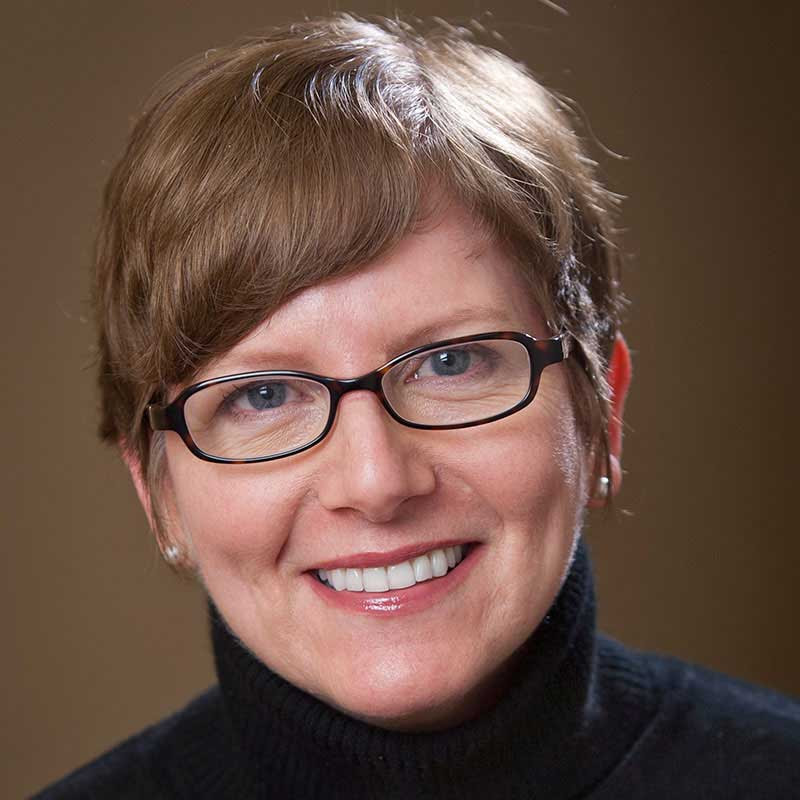 Temporary Description will be updated later. Elizabeth Garrison will talk with us about how to look at art using examples on display at Hallie Ford Museum of Art.
Temporary Description will be updated later. Elizabeth Garrison will talk with us about how to look at art using examples on display at Hallie Ford Museum of Art.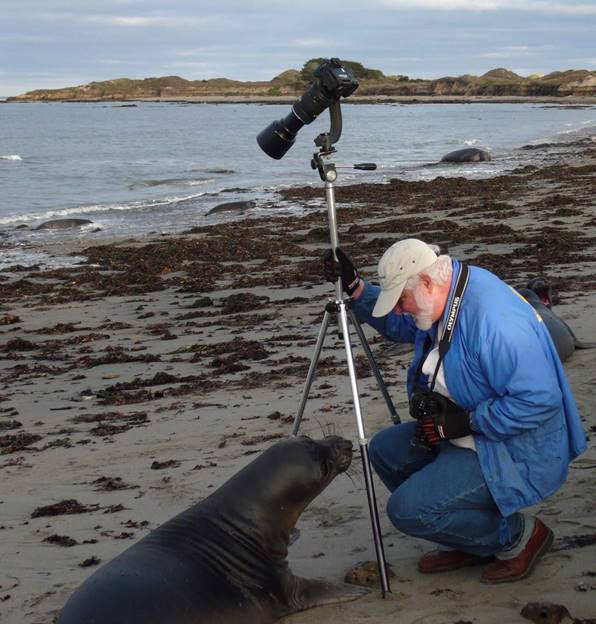 Ken Sexton's business, The Sexton Corporation, has grown from a one-person part time hobby-business, in addition to schools and real jobs, to an eleven-person enterprise with state-of-the-art design and machine tools. He will describe some highlights and lowlights of his journey, and some of the adventures on behalf of the business. As an example of the full custom design and fabrication he has done, he will present a short power-point illustrating how he designed a housing to make audio recordings of wild elephant seals that dove to depths of 2000 meters.
Ken Sexton's business, The Sexton Corporation, has grown from a one-person part time hobby-business, in addition to schools and real jobs, to an eleven-person enterprise with state-of-the-art design and machine tools. He will describe some highlights and lowlights of his journey, and some of the adventures on behalf of the business. As an example of the full custom design and fabrication he has done, he will present a short power-point illustrating how he designed a housing to make audio recordings of wild elephant seals that dove to depths of 2000 meters. The selection for this semester is Forty Autumns: A Family's Story of Courage and Survival on Both Sides of the Berlin Wall
The selection for this semester is Forty Autumns: A Family's Story of Courage and Survival on Both Sides of the Berlin Wall What is the effect of U.S. petroleum security on foreign policy? For 45 years, the country has alternated between periods of energy security and insecurity, sometimes able to wield petroleum as a useful instrument of foreign plied, sometimes not. Despite the so-called “energy revolution”, the U. S. today is by no means disentangled from foreign dependence and global trends. in order to be successful, policymakers must recognize both petroleum security circumstances and patterns in the relationship between petroleum and foreign policy.
What is the effect of U.S. petroleum security on foreign policy? For 45 years, the country has alternated between periods of energy security and insecurity, sometimes able to wield petroleum as a useful instrument of foreign plied, sometimes not. Despite the so-called “energy revolution”, the U. S. today is by no means disentangled from foreign dependence and global trends. in order to be successful, policymakers must recognize both petroleum security circumstances and patterns in the relationship between petroleum and foreign policy.